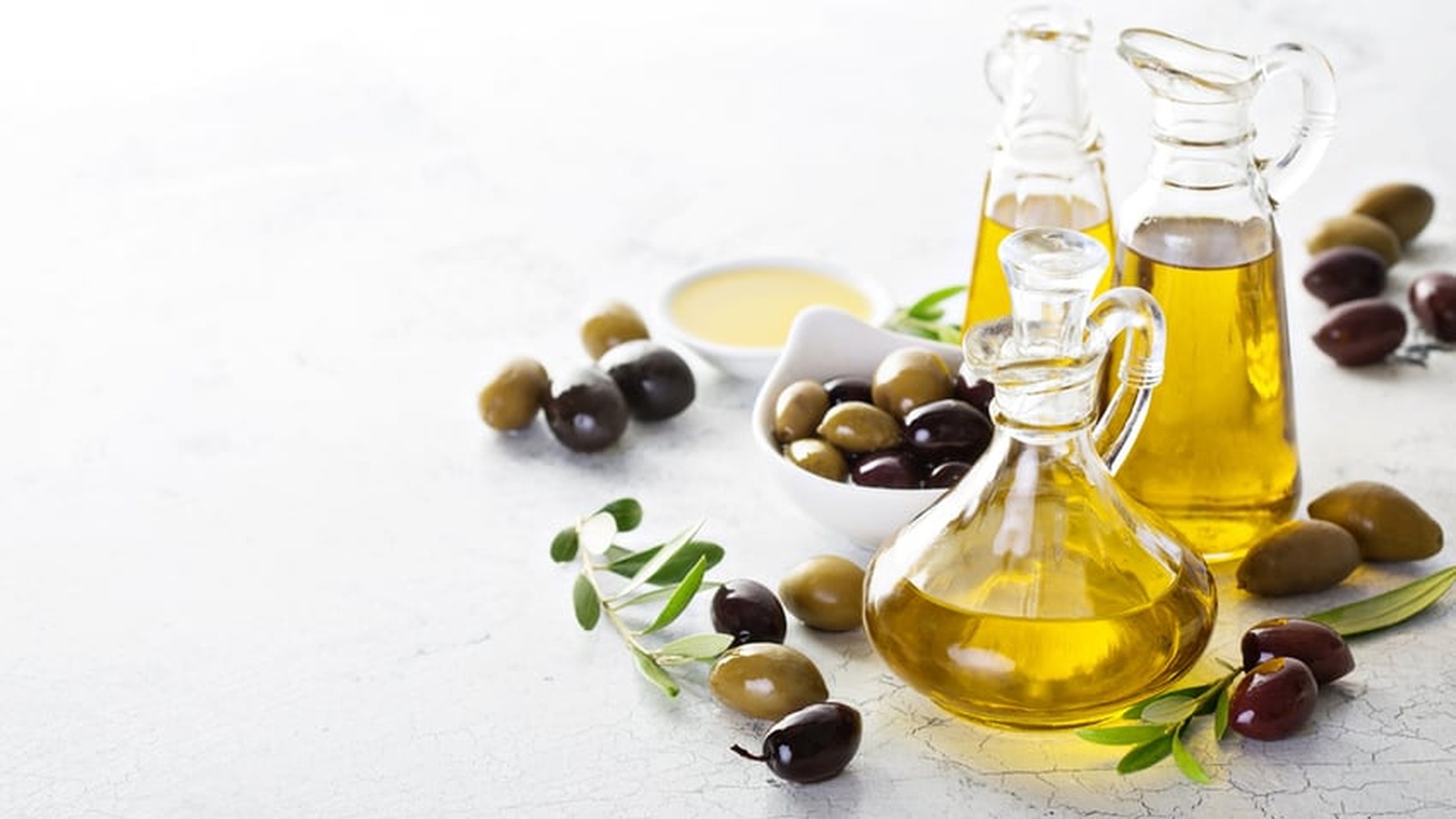4 Of The Best Oils To Cook With
Fat and oil have had a pretty bad rap over the years. The “FAT-FREE" 80’s lead to our demise of this once revered staple and now with highly processed and refined vegetable oils and trans-fats permeating our modern foods, and leading to more illness and disease, it’s fair that we approach this topic with caution.
Choosing the best oils to cook with doesn’t need to be daunting, it simply comes down to a simple two-step approach. Firstly, is the oil or fat in its nutritious raw form and suitable for human consumption in small amounts? And secondarily, does the oil have a high smoke point, in that it can resist high temperatures before oxidizing, which can create harmful free-radicals?
With that in mind, here are our top 4 cooking oils and why.
1. Coconut Oil
Coconut oil is one of the best additions to any wholefoods pantry (or beauty cabinet for that matter). The largest portion of fat in coconut oil comes from a healthy saturated fat called lauric acid which has been proven to encourage your body to burn fat and also raise HDL (good) cholesterol in your blood, which may help reduce heart disease risk. And most importantly, when it comes to cooking, coconut oil is resistant to oxidization at high temperatures which makes it a great stable oil to cook with. These are just some of the reasons we love it for cooking, and why it features so frequently in our upcoming Clean Eating Program. Plus, the delightfully fragrant flavor makes it ideal for any Asian-inspired dishes.
2. Extra Virgin Olive Oil
No kitchen is complete without cold-pressed extra virgin olive oil. If possible, organic is best here too. But what sets this apart from your regular olive oil? It’s the first extraction from the olive, done without any heat or chemicals that destroy the integrity of this amazing plant. It’s a delicious dressing just on its own but is praised for taking Mediterranean cooking to the next level. Extra virgin olive oil has widespread health benefits, including improving heart health, promoting brain function, potential anti-cancer benefits, and like coconut oil, it can also handle moderately high temperatures without oxidating. You’ll see this oil often featured in our Clean Eating Program, so now you can soak up all of the delicious nutrition benefits as you eat it.
3. Organic Grass-Fed Butter
Firstly, if you don’t do well on milk (I don’t) you may still do ok on butter (I do). Unlike milk, butter has very low amounts of lactose, the sugar in milk which many people react to. This has to do with how butter is made. So if you choose to include small amounts of dairy is in your diet, you can’t go past good-quality, organic, grass-fed butter. For starters, the smell of the butter bubbling in the pan is enough to make anyone nostalgic. But what many don’t realize is that this simple switch is one of the best choices for your health. What dairy cows eat greatly impacts the nutritional value of the milk they produce - and the butter that is made from that milk. Studies have shown that grass-fed is a richer source of Vitamin A, omega-3 fatty acids, and up to 500% more conjugated linoleic acid (CLA) - linked to promising anti-cancer effects, and Vitamin K2. It’s still a concentrated source of fats and calories, so it’s important to make sure you’re not smothering your dishes in it - but this is one simple, accessible switch to improve your health in the long run. I also occasionally use both butter and olive oil when cooking as this can help to avoid the butter from burning.
4. Organic Grass-Fed Ghee
Ghee is the holy grail of dairy products. It is a form of highly-clarified butter that has traditionally been used in Asian cooking and stems from Ayurveda’s healing roots. The process of converting butter to ghee involves melting it to remove the milk solids - meaning the final result has significantly fewer dairy sugars and proteins (even more digestible for those who are lactose sensitive). This simple change in form may make it a great alternative for anyone navigating a dairy intolerance. Unlike butter, ghee won’t turn rancid at room temperature and retains its original flavor and freshness for up to a year. While other fats and oils can slow down the body’s digestive process and give us that heavy feeling in our stomach, ghee stimulates the digestive system by encouraging the secretion of stomach acids to break down food. Ghee is one of our must-reach-for cooking essentials, because of both the nutty flavor and the high burning temperature.
There are widespread benefits to be enjoyed from healthy fats; from brain function to heart health, there's a strong case to include more of the right sources in your diet. Sometimes that begins with the absolute basics. So by doing something as simple as switching out your go-to cooking oil, you're making a long-term investment in your health and wellbeing. This is what clean eating is all about, it's about making the best choices for you!
Discover how to eat your medicine to heal your gut, eliminate bloating, skin issues and hair loss as I share seven nutrition principles in this free masterclass. Running for a limited time only.










